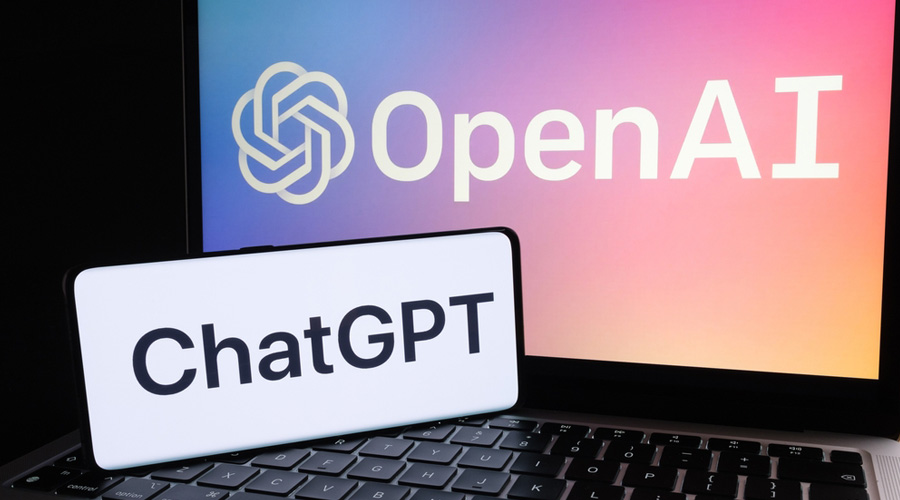Five months after ChatGPT set off an investment frenzy over artificial intelligence, Beijing is moving to rein in China’s chatbots, a show of the government’s resolve to keep tight regulatory control over the technology that could define an era.
The Cyberspace Administration of China unveiled draft rules this month for so-called generative artificial intelligence — the software systems, like the one behind ChatGPT, that can formulate text and pictures in response to a user’s questions and prompts.
According to the regulations, companies must heed the Chinese Communist Party’s strict censorship rules, just as websites and apps have to avoid publishing material that besmirches China’s leaders or rehashes forbidden history. The content of AI systems will need to reflect “socialist core values” and avoid information that undermines “state power” or national unity.
Companies will also have to make sure their chatbots create words and pictures that are truthful and respect intellectual property and will be required to register their algorithms, the software brains behind chatbots, with regulators.
The rules are not final, and regulators may continue to modify them, but experts said engineers building artificial intelligence services in China were already figuring out how to incorporate the edicts into their products.
Around the world, governments have been wowed by the power of chatbots with AI-generated results ranging from alarming to benign. Artificial intelligence has been used to ace college exams and create a fake photo of Pope Francis in a puffy coat.
ChatGPT, developed by OpenAI, which is backed by some $13 billion from Microsoft, has spurred Silicon Valley to apply the underlying technology to new areas like video games and advertising. The venture capital firm Sequoia Capital estimates that AI businesses could eventually produce “trillions of dollars” in economic value.
New York Times News Service











